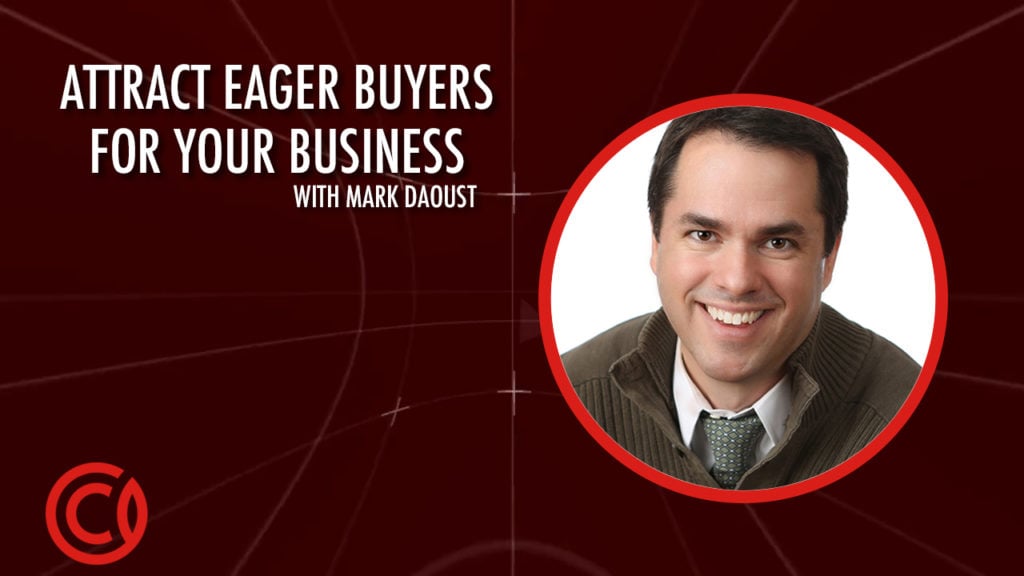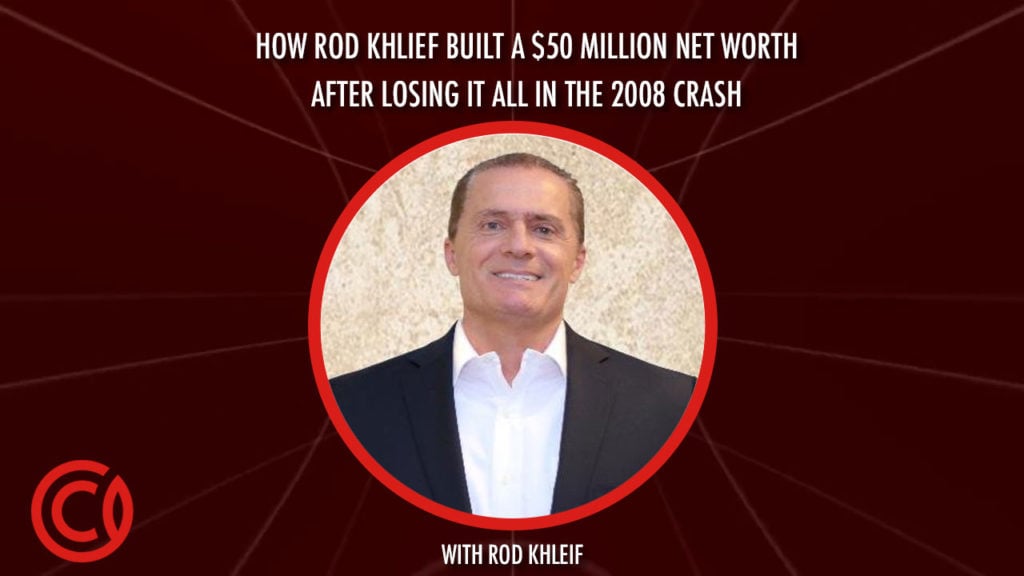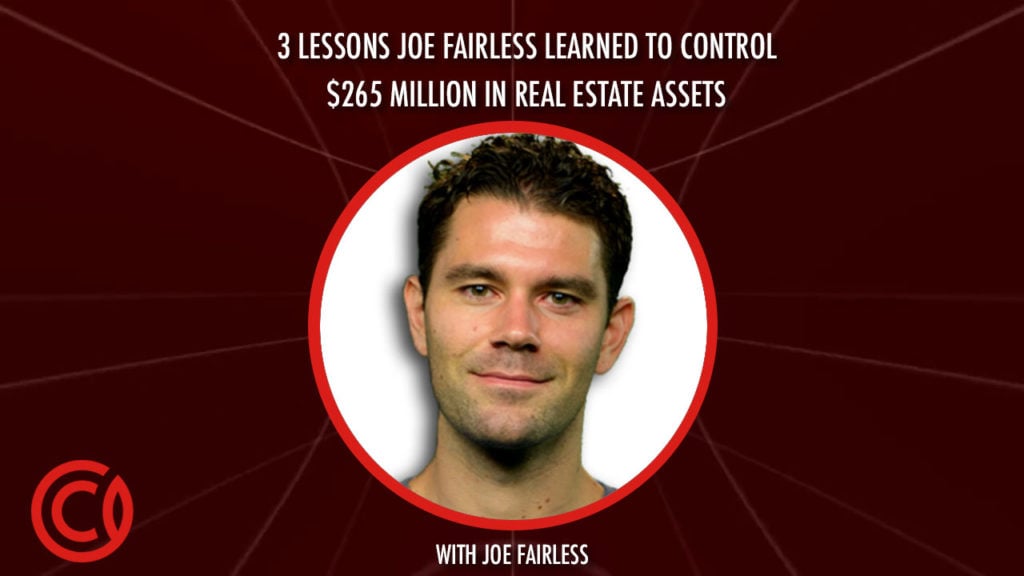There is a ready supply of eager buyers looking to invest in lucrative online businesses as high performing sources of passive income.
But are you ready?
Running an online businesses can come with an attractive lifestyle. It’s not uncommon for owners to bring in mid-six figures (or more) without the stress of a corporate job. But at a certain point, an online business exit becomes appealing.
You might realize that you can only take the business so far. Or maybe you're interested in pursuing another business opportunity.
So if you own an online business and are looking for an exit, the question you're asking yourself is this — how do you maximize the value of the company for yourself and for the buyer?
Preparing to sell?
There are some secrets you need to know to maximize your online business exit for eager buyers.
Expert broker Mark Daoust of Quiet Light Brokerage shares these secrets in a recent episode of the Capital Gains Podcast.
Mark is an expert broker who has shared with us his 10 years of experience selling internet businesses. Listen in for his four-step process for preparing a company for sale, which is also noted in the breakdown below
- Buyer mindset
Buyers buy for ROI. This return comes in two parts:
So when buyers are evaluating the ROI, what do they want to see?
They want to see that it is not a risky investment. Online businesses are inherently risky and buyers need to be aware of that, but from the seller’s perspective, it is about clearly identifying and mitigating areas of risk.
What are the areas of risk? Mark goes into detail on the Capital Gains podcast.
- Growth
Eager buyers want growing businesses, not declining ones. So owners must have measurable growth and the data to back it up.
Ask yourself — is my business currently growing? If so, at what rate? What sort of growth can I forecast for my business?
Outside of that, what areas of future growth have not yet been explored? Mark says using tangible, tested experiments and examples is much better than hypothetical scenarios.
- Transition
How easy is it for the business to transition to a new owner?
This often comes down to ‘key man’ dependencies.
If the success of the business is tied to a personal brand or a key partnership between the owner and a supplier, then that complicates the process of purchasing a business.
- Documentation
Clean financial records and documentation of the business is the easiest area to control, and often the lowest hanging fruit for sellers to look at to increase the value of their business.
Looking for buyers?
Preparing your online business for a high-value exit is not complicated, it’s about carefully documenting the details of the potential ROI available to buyers.
If you are interested in building a business online, we want to work with you! Our courses have helped more than 100 millionaires build their own product businesses, who have then joined our Backroom members to connect with potential buyers, including our CEO Ryan Daniel Moran.
—> To get started in building your own eCommerce business, register for our next webinar here. <—
Resources From This Episode of Capital Gains
Connect with Mark Daoust and his team:
Connect with Jonathan Twombly
—> Subscribe to the Capital Gains podcast on iTunes here, and please leave us a review! <—
MORE EPISODES OF THE CAPITAL GAINS PODCAST ON CAPITALISM.COM:
• Lock in Your Gains Before the Bubble Bursts
• Acquire One Property That Will Set You Up For Life
• How Will Automation Impact Investors in the Future? A Deep Dive with Charles Hugh Smith








